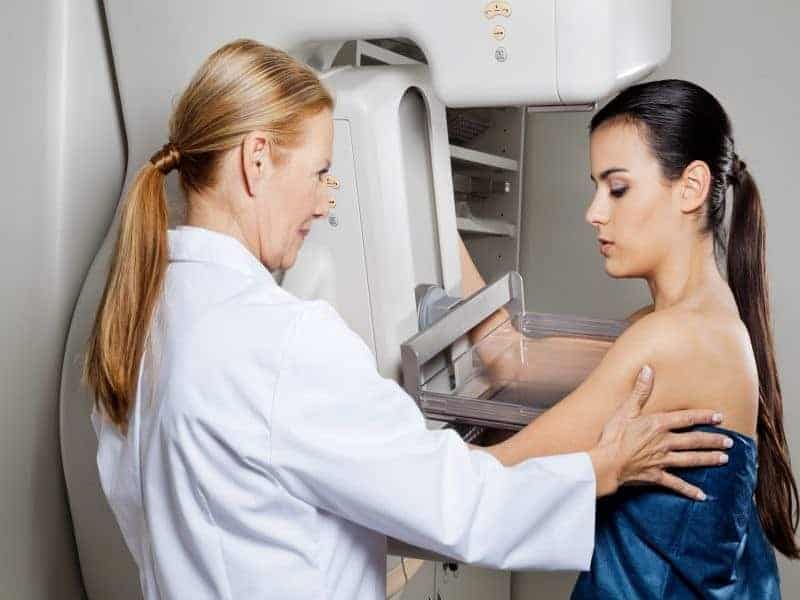WEDNESDAY, March 13, 2019 (HealthDay News) — The correlation between reproductive events and breast cancer risk varies for BRCA1 and BRCA2 mutation carriers, according to a study published March 8 in JNCI Cancer Spectrum.
Mary Beth Terry, Ph.D., from Columbia University in New York City, and colleagues examined whether reproductive events are associated with breast cancer risk in a retrospective cohort with 5,707 BRCA1 and 3,525 BRCA2 mutation carriers and a prospective cohort of 2,276 BRCA1 and 1,610 BRCA2 mutation carriers.
The researchers observed no correlation with parity versus nulliparity for BRCA1 mutation carriers (combined hazard ratio [HRC], 0.99; 95 percent confidence interval [CI], 0.83 to 1.18). An increased number of full-term pregnancies was correlated with reduced breast cancer risk relative to being uniparous (HRCs, 0.79 [95 percent CI, 0.69 to 0.91]; 0.7 [95 percent CI, 0.59 to 0.82]; and 0.5 [95 percent CI, 0.4 to 0.63] for two, three, and at least four full-term pregnancies, respectively); increased breastfeeding duration was correlated with reduced breast cancer risk. Uniparous BRCA1 mutation carriers had an increased breast cancer risk relative to nulliparous women in the prospective analysis (prospective HR, 1.69; 95 percent CI, 1.09 to 2.62). Being parous was correlated with an increased risk for breast cancer for BRCA2 mutation carriers (HRC, 1.33; 95 percent CI, 1.05 to 1.69).
“These findings might help refine the [breast cancer] risk estimates and make it possible to adapt the surveillance of mutation carriers according to their reproductive life history,” the authors write.
Copyright © 2019 HealthDay. All rights reserved.



